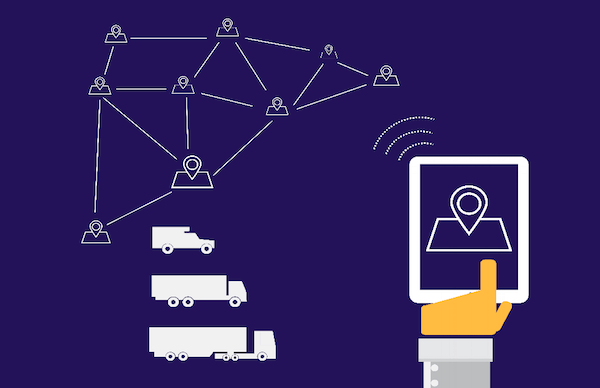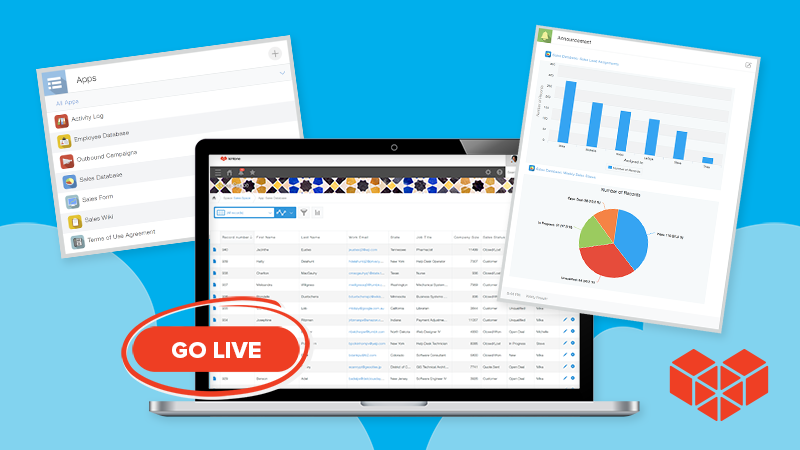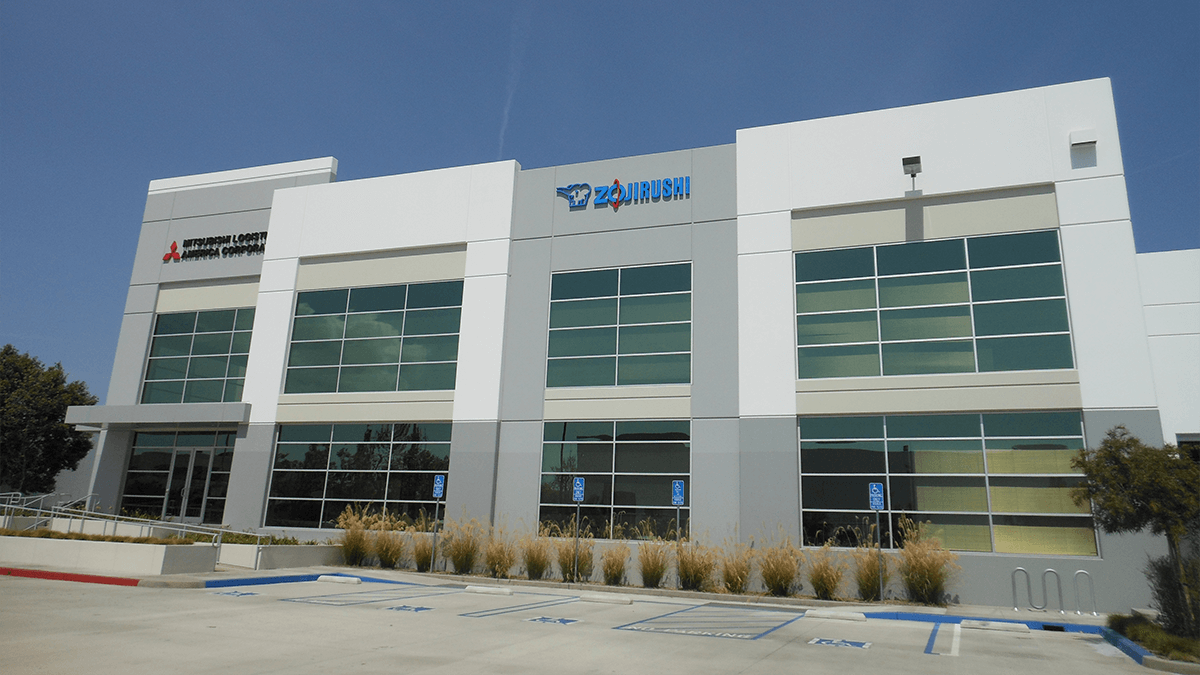- Reporting and Analytics
- Inventory Management
- Supply Chain Management
- Task-driven Workflow
- Manufacturing Management
- Workforce Management
- Sales Leads and Invoice Processing
- Pricebook Management
Read More: Whether you’re looking to free your data, build a business app, automate workflows, or keep your team on task, look no further. See how Kintone can help!
Bridge the gap between existing infrastructure and rapidly evolving business operations.
J!NS introduced Kintone in January 2014. Initially, it was used for inventory management within physical stores. At the time, the number of users was around 50.
In the months that followed J!NS capitalized on Kintone‘s ability to be customized and rapidly deployed in order to replace the process management and communications blocks that had formerly held back the company’s growth.
“Our business requires an integrated information infrastructure that can be used across an entire enterprise. The best solution is Kintone.” – Taiki Komoda, J!NS representative responsible for company-wide operations and analyses.
About the Author
Nicole is Director of Marketing at Kintone, with 10+ years experience in content strategy, campaign management, lead acquisition and building positive work cultures of empowered, purpose-driven team members. She spent seven years as a journalist, previously serving as a CBS San Francisco digital producer, NPR contributor, Patagon Journal deputy editor and reporter for several publications, including the Chicago Tribune. She's passionate about the tech for good space, social entrepreneurship and women leadership. On the weekends, you’ll likely find her putting her Master Gardener skills to use in at community gardens in Oakland.












